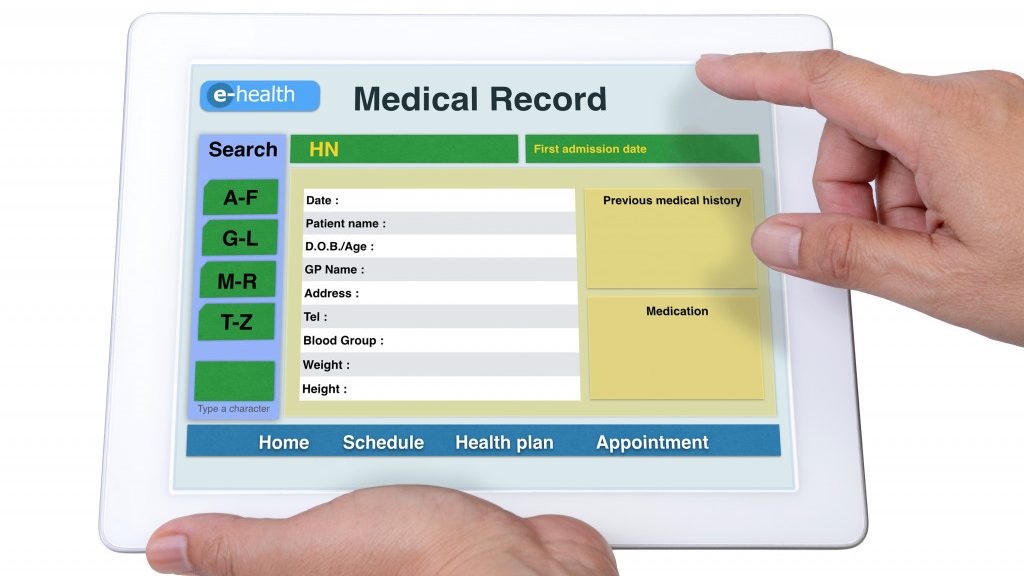What You Need to Do for Your Upcoming Retirement
Assess and review your finances before retirement so that you have enough money saved to live comfortably. Calculate your retirement income and decide on a retirement location. Decide on your lifestyle choices for retirement and […]
What You Need to Do for Your Upcoming Retirement READ MORE











